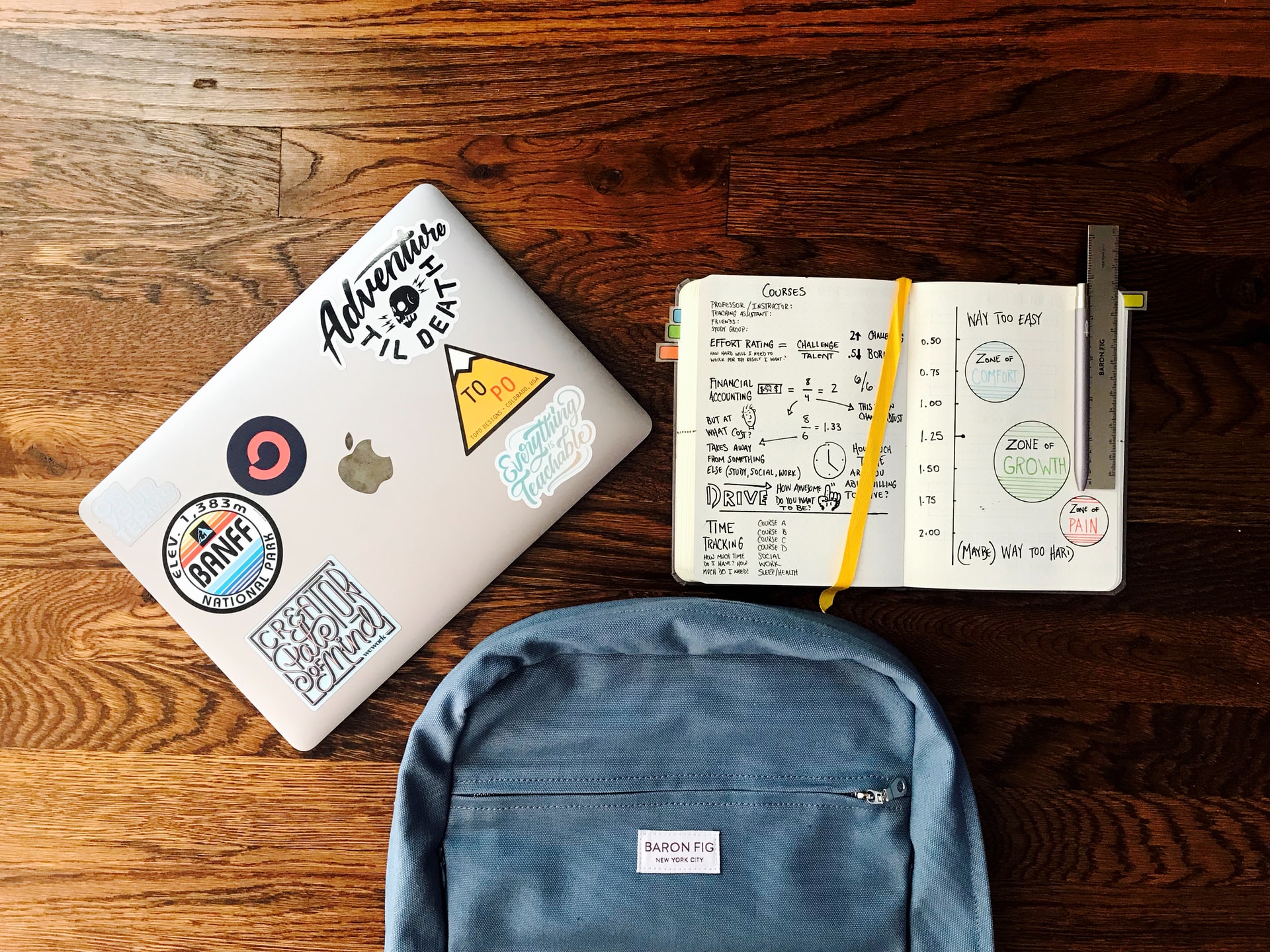Are you looking for ways to teach students not to bring inappropriate items to school? If so, keep reading.
1. Designate the student learning activities that would require interactions with a respected role model (e.g., older student, high school student, college student, community leader, someone held in esteem, etc.).
2. Give the student intelligent, accurate information about drugs and alcohol rather than using sensationalized scare tactics.
3. Give many chances for social and academic success.
4. Urge the student to excel in a particular area of interest (e.g., give information to the student, give personal and professional support, sponsor the student, etc.).
5. Provide frequent contact with the student during school hours (e.g., follow up on details of earlier communications, keep a direction for conversation, etc.).
6. Lead and direct the student. Do not lecture and make requirements.
7. On occasions where logical consequences from peers happen (e.g., criticism, loss of friendship, etc.) because of the use of drugs or alcohol at school, bring the consequences to the attention of the student.
8. Connect with parents, agencies, or appropriate parties to inform them of the problem, identify the cause of the problem, and discuss potential solutions to the problem.
9. Be a resource for parents by providing information on agencies, counseling programs, etc.
10. Minimize the emphasis on competition and help the student realize that success is individually defined.
11. Provide sufficient supervision at all times and in all areas of the school (e.g., hallways, bathrooms, between classes, before and after school, school grounds, etc.).
12. Be willing to take the time to listen, share, and talk with the student.
13. Boost your own professional knowledge of laws and treatment about drug or alcohol use and abuse.
14. Provide anecdotal records of the student’s behavior to check patterns or changes in behavior.
15. Give appropriate reading content (e.g., magazines, novels, etc.) at school that is of interest to the student, so that they will not bring unacceptable reading content to school.
16. Teach the student to be happy with their best effort rather than perfection.
17. Teach the student alternative ways to deal with requirements, challenges, and pressures of the school experience (e.g., deal with problems when they arise, practice self-control at all times, share problems or concerns with others, etc.).
18. Consider using a classroom management app. Click here to view a list of apps that we recommend.
19. Consider using an adaptive behavior management app. Click here to view a list of apps that we recommend.
20. Consider using Alexa to help the student learn to behave appropriately. Click here to read an article that we wrote on the subject.
21. Click here to learn about six bonus strategies for challenging problem behaviors and mastering classroom management.
22. Consider using a socio-emotional learning app. Click here to view a list of apps that we recommend.
23. Consider using an emotional intelligence app. Click here to view a list of apps that we recommend.
24. Consider using a school counseling app. Click here to view a list of apps that we recommend.





